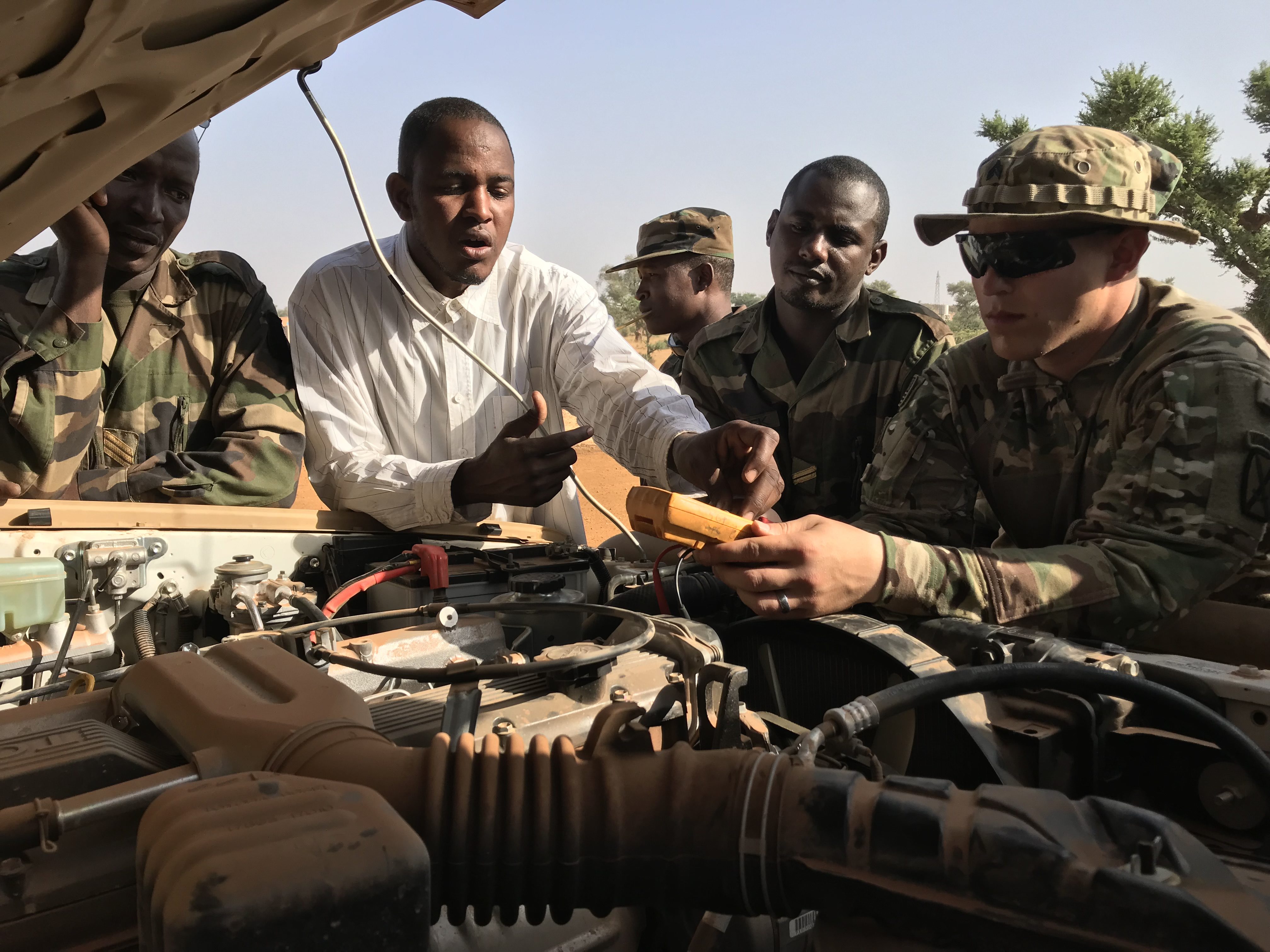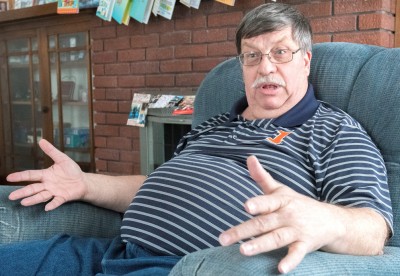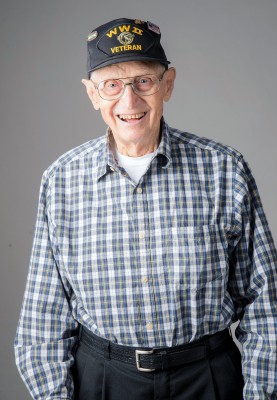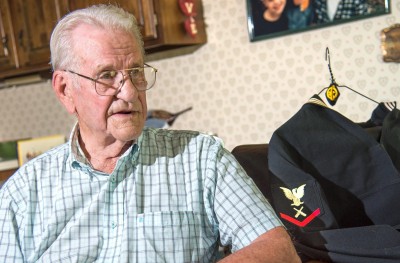Seth Carroll
By Paul Wood

Photo By Provided
NIAMEY, NIGER — After serving in Bahrain and Turkey, Sgt. Seth Carroll has equipment stored and ready for any mission that might come up.
His current duty is to train Nigerian soldiers on how to operate, maintain and recover their vehicle equipment in case of an incident. The soldiers are patrolling for an Islamic State affiliate in what has become a longtime clash.
A vehicle recovery specialist knows how to recover a vehicle, “whether it’s broken down on the side of the road, in a vehicular accident or stuck in a location where it cannot be operated,” he said. “For example, the side of a cliff or stuck inside a mud pit.”
A good example of such a problem:
“A military all-terrain vehicle had fallen into a motor pool bay pit,” Carroll said.
“It wasn’t damaged, but the front driver side tire was stuck in the pit in such a way that lifting it straight up would have caused damage.”
The whole operation took about an hour and half.
“We had to clear all of the vehicles out of the motor pool building in order to back our wrecker in,” Carroll said.
The Mattoon native comes from a family with a tradition of service, and he was inspired by 9/11 to enlist.
That decision made him a world traveler. His mission in Niger is two months long.
Niger is a landlocked country in Western Africa. It’s very much a border country, surrounded by Libya, Chad, Nigeria, Benin, Burkina Faso, Mali and Algeria.
The U.S. military has had forces in Niger, off and on, for more than 20 years.
Today, about 800 U.S. service members in Niger work as part of an international effort, led by 4,000 French troops, to defeat terrorists. On Oct. 4, four members of the Army’s 3rd Special Forces Group were killed in an ambush in Niger.
Carroll’s mission in this country has been positive.
“It’s not often you get the chance to train soldiers from another country,” he said.
One exercise “showed them (the Nigerians) how to safely pull a vehicle out of an obstacle when the weight limit is too much for a single line.”
He has been to places most Americans will never see.
“Every deployment I have been on has been a different experience,” Carroll said. “Niamey is no exception. The city seems more alive at night than during the day. The average temperature in the morning is around 65 degrees; once it gets around noon, the temperature jumps to 95 to 100 degrees.”
Then there are the cultural differences.
“You have to be mindful of their cultures and traditions. Some of the things we do normally may be perceived as disrespectful to them. You want to be as respectful as you can. I occasionally socialize with the translators to get a better understanding on their culture,” he said.
Respect begets respect.
“I think they have embraced us. Every day, we are warmly greeted before the training day begins,” he said. “Everything we provide helps them better protect their country from the enemy.”
As for that family tradition, his great-grandfather was in World War II. His grandfather served in the Army from 1963 to 1965. Then his uncle served in the Marine Corps from 1997 to 2001. In 2007, his brother Billy joined the Army and still serves today. David, another brother, served in the Army from 2008 to 2016.
Carroll has been married for seven years and has three daughters.
“I usually talk to my wife and kids through WhatsApp,” he said.
Do you know a veteran who could share a story about military service? Contact Paul Wood at pwood@news-gazette.com.
Read more stories from local veterans:
 Steven Morenz
CHAMPAIGN — Steven Morenz, a top-secret coder during the Vietnam War, just came back from a Land of Lincoln Honor Flight …
Steven Morenz
CHAMPAIGN — Steven Morenz, a top-secret coder during the Vietnam War, just came back from a Land of Lincoln Honor Flight …
 Chet Bleich
For the confusion of war, it’s hard to top the Battle of the Bulge, where Chet Bleich and six other soldiers watched the …
Chet Bleich
For the confusion of war, it’s hard to top the Battle of the Bulge, where Chet Bleich and six other soldiers watched the …
 Don Pittman
LODA — Unlimited beer and hand grenades are a bad mix. When former Illini football player and legendary wrestling coach …
Don Pittman
LODA — Unlimited beer and hand grenades are a bad mix. When former Illini football player and legendary wrestling coach …